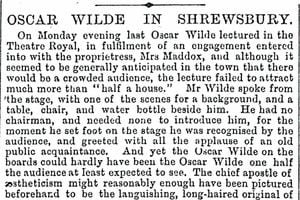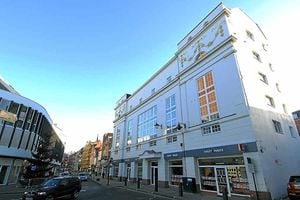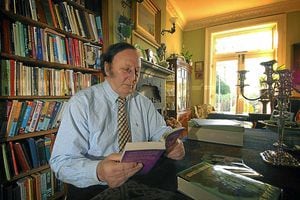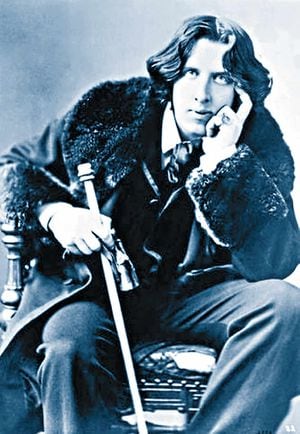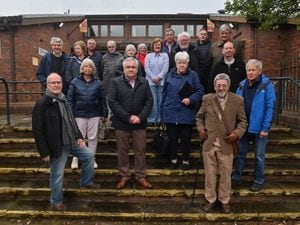How Shropshire crowd went Wilde for Oscar
Oscar Wilde once said: "There is only one thing in life worse than being talked about and that is not being talked about."
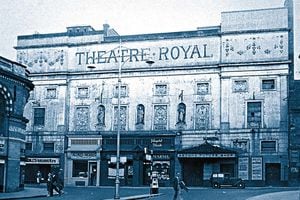
But 112 years after his death people are still talking about the Irish playwright and author and his little-known link to Shropshire's past is bound to provoke even more discussion.
For it has been revealed that the author of The Importance of Being Earnest visited Shrewsbury in 1883 to give a lecture at the former Theatre Royal, St John's Hill.
This fascinating piece of local history has been discovered by Michael Connor, the chairman of the Shrewsbury Tourism Association.
He has had a keen interest in Wilde since his student days at Trinity College in Dublin, where he shared the rooms in which the writer had reportedly lived during his student days between 1871 and 1874.
After reading a book by Franny Moyle about Wilde's wife Constance, which mentioned his visit to Shrewsbury, Mr Connor took to the archives of the Shropshire Star's sister paper, the Shrewsbury Chronicle.
And sure enough, on November 6, 1883, the Chronicle heralded the arrival of the 'famous Mr Oscar Wilde' for a lecture entitled Personal Impressions of America.
Mr Connor said: "It was lovely for me to know that he had connections with Shrewsbury and then to do the research and see the evidence in the paper was terrific.
"I was only disappointed I could not find out where he stayed in Shrewsbury."
After leaving Trinity College, Wilde studied at Oxford and began his literary career.
By the time he visited Shrewsbury he had published his first collection of poetry, worked as an art reviewer, lectured in America and Canada and lived in Paris. He went on to write plays such as Lady Windermere's Fan and An Ideal Husband, but his career was destroyed when he unsuccessfully sued the Marquis of Queensberry for accusing him of homosexuality.
Wilde was arrested and tried for gross indecency and served two years of hard labour. Penniless, he died on November 30, 1900, in a cheap Paris hotel.
Mr Connor, who studied at Trinity College between 1956 and 1960 said: "When I was a student in Dublin in the 50s, Oscar Wilde's name, reputation and plays were very much out of favour. There was a feeling in Ireland that he had let the side down.
"Oscar had gone to Trinity College, Dublin and had rooms in No 18, a disreputable part of the university known as Botany Bay. When the opportunity arose for me to take on the rooms in which he was reported to have lived I jumped at the chance.
"Imagine my surprise when I read that on becoming engaged, Oscar left Dublin in 1883 to travel to Shrewsbury to continue his lecture tour."
Tickets to see Wilde at the old Theatre Royal, a building which still stands at the bottom of St John's Hill and which is now home to estate agents Strutt Parker, cost up to three shillings.
The Chronicle report reveals that when the writer took to the stage ago he was greeted like an old friend. Although he had yet to pen the plays and novels which were to cement his place in history, he was already a Victorian celebrity, noted for his wit and elegance.
The report reveals that Wilde took to the stage of the theatre with only a chair, table and a bottle of water and said Wilde needed no introduction as the moment he set foot on the stage he was greeted 'with all the applause of an old public acquaintance.'
However, there was some shock at Wilde's appearance, in particular his lack of long, flowing hair.
But despite this, the Chronicle reporter praised the writer's 'fine figure' and 'exceedingly well-fitting evening dress'.
The newly engaged Wilde had just returned from a year long tour of America and Canada and he regaled his audience with tales from across the pond.
The Chronicle praised Wilde's delivery saying: "He spoke to his audience with all the ease, familiarity and absence of oratorical display that might be expected from a traveller describing his journeying to a group of friends around a snug fire-side."
